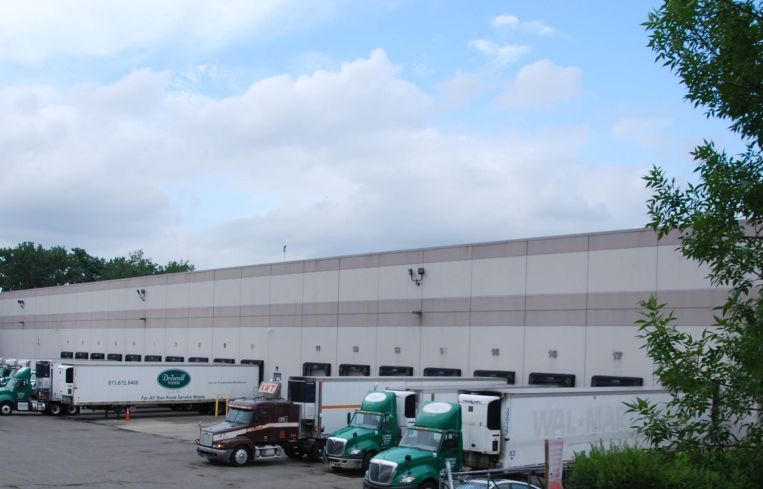Stro Companies Takes $19M to Refinance New Jersey Warehouse Property
By Danielle Balbi September 24, 2015 12:04 pm
reprints
Lakeland Bank provided New Jersey-based real estate investment firm The Stro Companies with a $19 million loan to refinance a 200,000-square-foot industrial property in Clifton, N.J., Commercial Observer has learned.
The seven-year loan from the Oak Ridge, N.J.-based lender carries an interest rate below 4 percent.
“We were looking to lock in financing—rates are low right now, and who knows where they’ll be three years from now,” Mike Lachs, director of finance and investments at Stro, told CO. “Our portfolio is a generational-hold type scenario, and we are not looking to sell right now. We are looking to capture the best rate we can for as long as we can.”
“We have had the opportunity to do several transactions with the borrower over the past three or four years, and I hope to continue to do that,” said Stephen Novak, a senior vice president at Lakeland Bank, who originated the loan.
The Ridgewood, N.J.-based investment firm purchased the one-story property at 174 Delawanna Avenue in 2014 from Driscoll Foods, a family-owned food distributor for the tri-state area, and the building’s single tenant.
Mr. Lachs said the building’s single tenant will vacate its space in the fall of 2016 and that Stro is currently marketing the space.
Driscoll Foods is building a new facility in Wayne, N.J., where the company will eventually relocate to, according to published reports.
“The benefit of the Delawanna property is that it’s a very attractive property for other users once the tenant vacates,” Mr. Novak said. “Both the borrower and tenant are quality folks.”
The facility, which was completed in 2006, is half refrigerated and includes 29 loading docks and a commissary food preparation area. The property has 32-foot ceilings, and is located one block away from the Delawanna New Jersey Transit train station, according to Mr. Lachs.
“It’s a real diamond because it’s located just outside of Manhattan, and there are not a lot of really well designed distribution spaces with refrigeration,” he said. “Lakeland recognized the value of the building and the demand in the market.”



